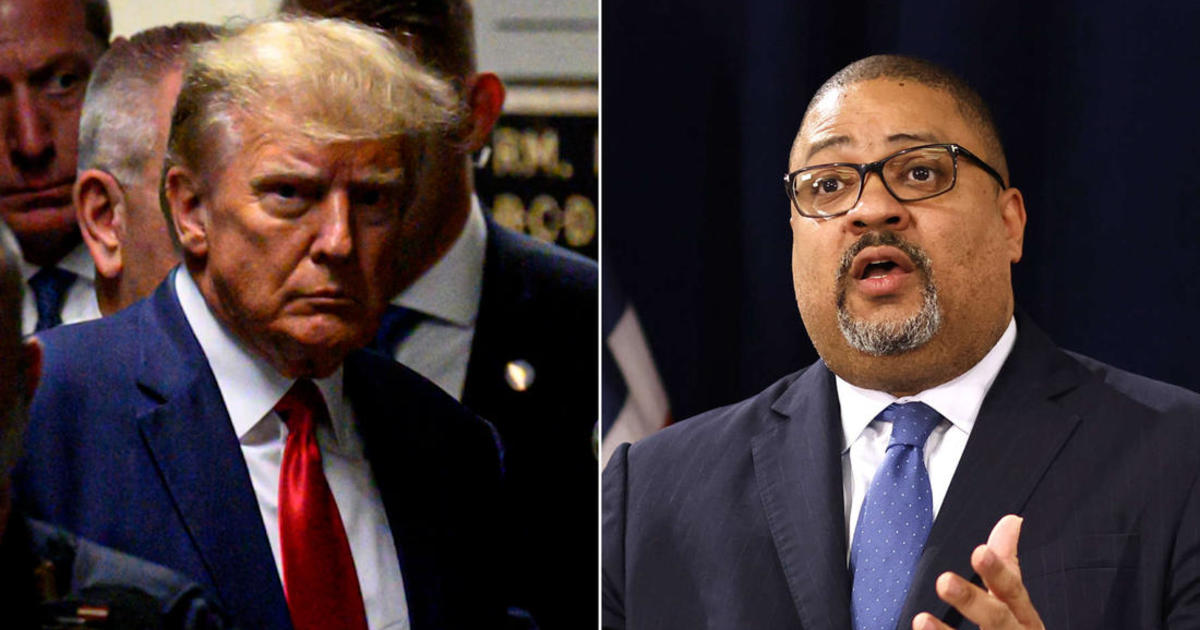Manhattan District Attorney Alvin Bragg has expressed willingness to delay the trial of former President Donald Trump by a month, just 11 days before it was set to begin on March 25. This decision comes after the U.S. Attorney for the Southern District of New York turned over more than 73,000 pages of documents in response to a subpoena from Trump’s lawyers. Bragg stated that the additional documents provided on March 9 contained materials related to the case that his office had requested over a year ago. Trump’s lawyers had requested a 90-day delay or dismissal of the case due to the late document production.
Despite being prepared to proceed with the trial on March 25, Bragg’s office does not oppose a brief adjournment of up to 30 days to allow Trump’s legal team sufficient time to review the new materials. Trump has entered a not guilty plea in the case, which involves 34 felony counts of falsification of business records related to payments made to his former attorney Michael Cohen. In a filing made public on March 8, Trump’s lawyers accused Bragg’s office of impeding their efforts to obtain material from the Southern District of New York U.S. Attorney, specifically bank records and emails related to Cohen.
The delay in the trial is a significant development in the ongoing legal challenges faced by former President Trump. The case revolves around allegations of reimbursements made to Michael Cohen for a $130,000 payment to an adult film star, which Trump has denied. The production of additional documents by the U.S. Attorney, including bank records and emails, sheds light on the evidence being considered in the case. Trump’s legal team’s request for dismissal or delay underscores the complexity of the legal proceedings and the need for adequate time to review and prepare a defense.
The decision to delay the trial by a month allows for a more thorough examination of the newly provided documents and ensures that both parties have adequate time to prepare for proceedings. The back-and-forth between Trump’s lawyers and Bragg’s office regarding the production of materials reflects the challenges and complexities of high-profile legal cases involving prominent figures. As the case moves forward, the delay provides an opportunity for both sides to engage in a fair and comprehensive legal process, ultimately seeking justice and resolution in a case with significant implications for all parties involved.









